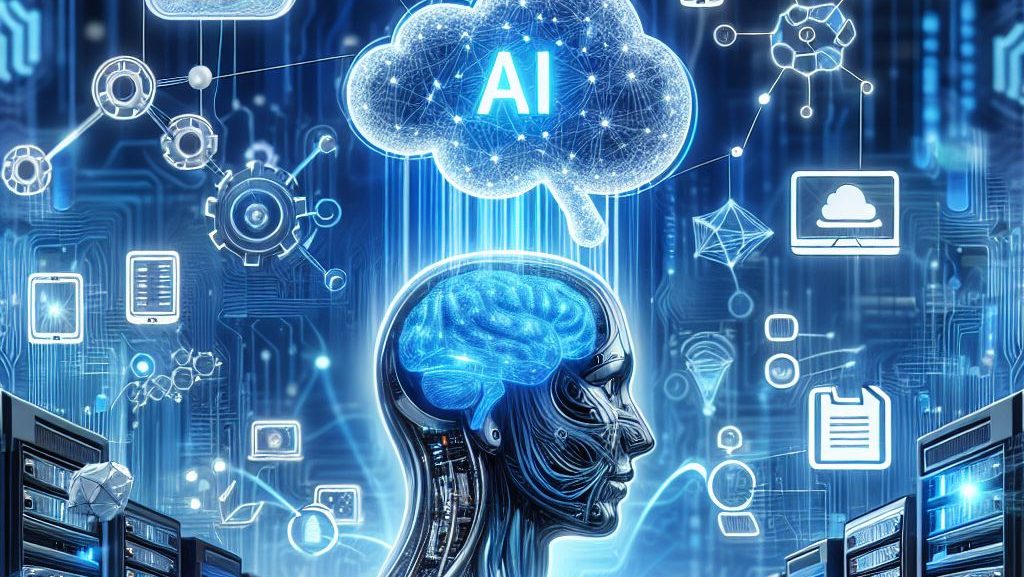Artificial Intelligence (AI) is rapidly influencing the Software as a Service (SaaS) industry, driving automation, enhancing customer experiences, and unlocking new efficiencies. However, the debate continues—are these advancements truly revolutionary, or are they simply the next stage in an ongoing evolution?
The AI-Powered Transformation of SaaS
AI is embedded into nearly every aspect of SaaS platforms, introducing innovations such as:
- Automated Customer Support – Chatbots and AI-powered virtual assistants streamline customer service, handling routine queries and troubleshooting without human intervention. This improves response times and reduces operational costs.
- Intelligent Automation – AI-driven automation enables SaaS applications to perform repetitive tasks more efficiently, from managing workflows to detecting security threats, enhancing productivity while minimising errors.
- Data-Driven Decision Making – AI helps businesses analyse vast amounts of user data to identify patterns, trends, and personalised experiences that would be difficult to process manually. Predictive analytics allow SaaS providers to anticipate customer needs.
- Cybersecurity Enhancements – AI strengthens security by detecting and mitigating threats in real time. Advanced algorithms help identify anomalies, flag suspicious activities, and prevent cyberattacks before they cause harm.
Counterarguments: Evolution vs. Revolution
While AI is undeniably shaping the SaaS industry, sceptics argue that its impact may not be truly revolutionary. Here are some reasons why:
- Incremental Improvements – AI enhances existing SaaS functionalities, but it builds upon automation and data analytics rather than disrupting the industry entirely.
- Data Quality Dependency – AI’s effectiveness depends on high-quality, unbiased data. Poor data management can limit its ability to transform SaaS operations.
- High Costs and Complexity – Implementing AI requires significant investment, making it inaccessible for smaller SaaS providers.
- Limited Human Intelligence – AI lacks emotional intelligence and complex reasoning, meaning human oversight remains essential in certain SaaS applications.
- Regulatory and Ethical Challenges – Data privacy concerns, algorithm bias, and compliance issues may slow AI adoption in highly regulated industries.
Final Thoughts
While AI has certainly influenced SaaS, the distinction between evolution and revolution remains subjective. Some view AI as an extension of existing technologies, while others believe it marks a fundamental shift toward adaptive, autonomous, and intelligent SaaS solutions. One thing is clear—AI’s presence in SaaS will continue to grow, shaping the future of digital services in profound ways.
What’s your take – is AI truly revolutionising SaaS, or is it simply the next step in its natural progression? Let’s discuss.

